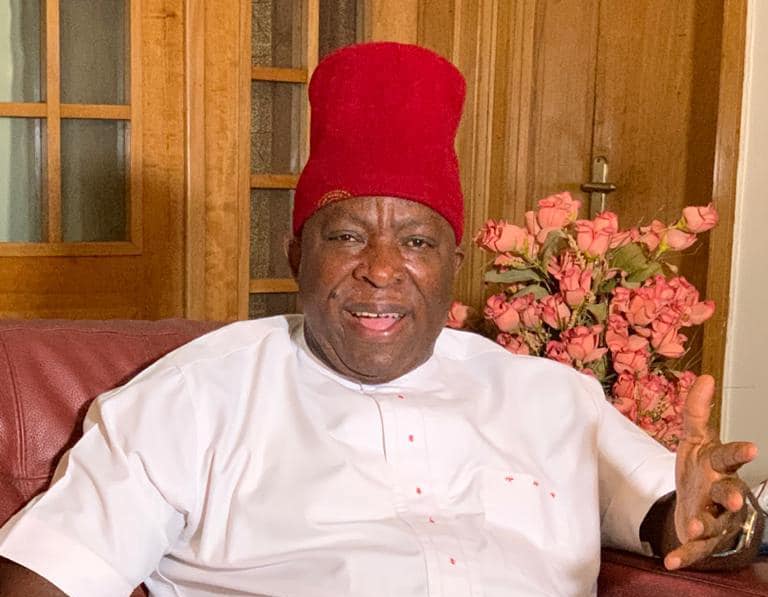Senator Victor Umeh, a member of the Senate Committee on the Review of the 1999 Constitution and representative of Anambra Central Senatorial District, has strongly condemned the structural marginalisation of the South-East region, attributing it to the military-imposed constitution currently guiding Nigeria’s governance.
Speaking during a constitutional engagement in Ebonyi State, Umeh described the 1999 Constitution as unjust, unbalanced, and outdated. According to him, the constitution was not a product of a democratic process but was crafted under military rule, which imposed a structure that continues to disadvantage certain regions—most notably the South-East.
“The constitution we operate today was not produced through a democratic, civilian process,” Umeh said. “It was a military constitution, crafted by a government that imposed a structure which has consistently disadvantaged the South-East. The injustices are not abstract—they are measurable, visible, and deeply entrenched.”
He pointed out that the South-East is the only geopolitical zone with just five states and a total of 95 local government areas (LGAs), a figure that pales in comparison to other regions: the North-West has 186 LGAs (including 44 in Kano and 38 in Jigawa), the South-West has 137, and the South-South over 100. These disparities, he explained, translate into limited political representation, poor resource allocation, and reduced influence in national decision-making.
“Federal appointments, civil service recruitment, and party delegate strength during national conventions are all tied to the number of states and LGAs,” Umeh noted. “With fewer LGAs, the South-East has the smallest voice. It’s a systemic suppression that affects not just politics, but economic development and national relevance.”

He expressed frustration that the Southeast only has five ministers in the current administration due to its limited number of states, while other regions enjoy up to eight. “This is not about competence or merit; it’s a reflection of structural inequality,” he said.
Umeh cited the 2014 National Conference, where 492 delegates unanimously recommended the creation of at least one additional state in the South-East to address this imbalance. “Even if no other state is created in Nigeria, the Southeast deserves one more, in the name of equity and national cohesion,” he stressed.
Beyond the issue of state creation, the senator advocated for broader governance reforms, particularly the decentralisation of the Nigerian Police Force. “The current centralised policing structure has failed. Insecurity is worsening, and state police is no longer a theoretical debate—it is a practical necessity,” he said, noting that the Governors’ Forum is also beginning to align with this perspective.
While acknowledging the difficulty of amending the constitution, Umeh maintained that piecemeal efforts must continue. “We’ve called for a new constitution, but if that’s not possible now, we must at least fix what we have. Eventually, the pressure of injustice will force a reckoning.”
He concluded with a call for national conscience and empathy. “This is not a battle of strength. It’s about doing what is right. Injustice is an open wound; only the truth can heal it. Let us be guided by conscience and fairness so that Nigeria can become a truly united nation.”
Sources




